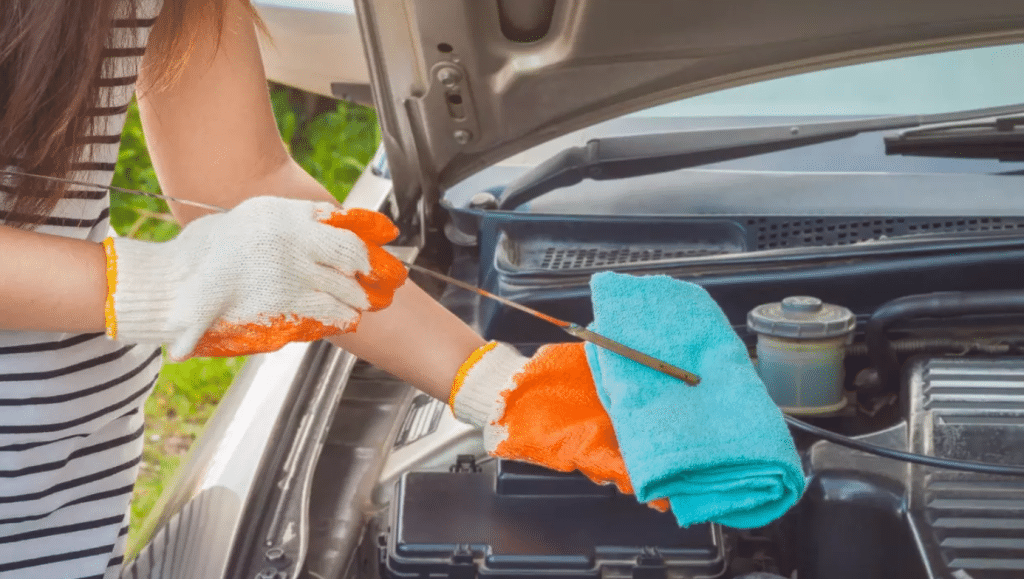It’s easy to overlook maintenance costs when buying a new car. You might be investing in a new one from a reliable brand or picking up a second-hand bargain with a clean bill of health. But over time repair bills can seriously drive your bank balance down – so it’s worth doing what you can to minimise them.
A recent study found that over one third of drivers are worried their car will breakdown soon due to poor maintenance. But while you could risk saving money on repairs in the short term, your costs are likely to be higher when a major problem finally does crop up – so it’s best to take a preventative approach.
Below, read up on four of the most effective ways to keep your car maintenance costs manageable.
Stick to regular services
While annual MOTs are mandatory for any car over three years old, services are entirely optional. They’re strongly recommended though – especially as your car gets older or reaches higher mileage.
Your manufacturer’s manual will include a recommendation for servicing frequency. The three tiers of services in the UK are interim, full and major, with each looking at a different number of inspection points. It’s typically recommended to get a full service every 12 months or 12,000 miles.
Keep an eye on your tyres
The health of your tyres affects can impact your car’s condition as well as fuel economy and handling safety. You should keep them inflated to the level recommended by your manufacturer, while keeping an eye out for signs of wear.
You should replace any tire with cracks, uneven wear or bulges. You could do this yourself relatively easily with a trolley jack, a spare tyre and a little knowhow.
Change the engine oil
Engine oil is another easily forgotten consideration that’s crucial for keeping your car going. Reaching low or empty levels can lead to your engine overheating, which isn’t a cheap problem to rectify.
It’s important to use the right oil too. A premium product could preserve your engine for longer, delaying the cost of repairs or upgrades.
Drive responsibly
Finally, how you drive can also impact your running costs. Habits such as accelerating quickly and braking and turning sharply increase how much fuel you use while wearing out vehicle parts quicker.
In contrast, accelerating gradually without over-revving, using appropriate gears and slowing down naturally and gradually can all help look after your car for longer.
Will you be making any changes to care for your car better and reduce maintenance costs?
